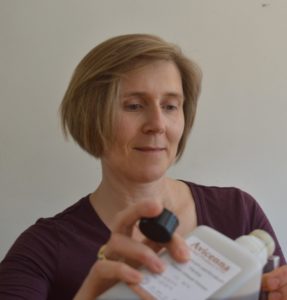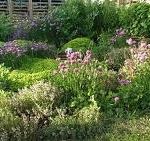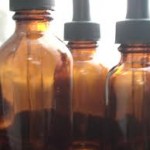Herbal medicine uses plant material or whole extracts of plants to treat illness and have been used by humans to treat illness for thousands of years. There is such a fundamental link between health and the plant world, that animals appear to instinctively prefer certain plants in times of illness. For example it has recently been found that bluetits line their nests with aromatic plants such as mint and lavender which kill bacteria and aid chicks’ survival.
Before the development of pharmaceutical drugs (the first were antibiotics in the 1930s) herbal medicine was the way that ill health was treated. The Herb Garret at The Old Operating Theatre museum in London has a large, fascinating collection of herbs and equipment as would have been used by apothecaries . This traditional medicine was rapidly replaced by pharmaceuticals and the gentle, balanced approach of herbal medicine was lost to modern western medicine.
Although people generally consult a herbalist with a specific complaint or illness, unlike conventional medicine, the approach to healing will address the individual’s overall state of health imbalance that has led to the illness manifesting, so that the body can heal itself. As a consequence, the first noticeable effects of herbal medicine are often an improvement in energy and well-being. Treatment to simply reduce unwanted symptoms is also used to improve quality of life , although this will generally not be the focus of the treatment.
An increasing amount of recent research backs up traditional use of plants in healing, although as much of this is focused on drug development, isolated constituents are often used. Although this can yield interesting results, it is of less relevance to the practice of herbal medicine. This is because herbalists believe that the whole plant extracts they use represent a more balanced and gentle approach, which reduces risk of unwanted side effects in the body. For example, ephedrine, extracted from Ephedra sinica, acts as a decongestant and respiratory relaxant but can exacerbate hypertension, however the whole herb contains other compounds which may reduce blood pressure and therefore balance the unwanted actions of the ephedrine.
The herbal remedy prescribed for an individual will generally consist of 5-6 herbal tinctures. Tinctures are an extract of the whole plant or plant part dissolved in alcohol. Alcohol is an effective medium for extracting herbal constituents, preserving them effectively and making them easy to take (although many people take a few days to become accustomed to the strong taste!). The usual dose is 5ml 3 times per day with a little water.

Dispensing medicine



